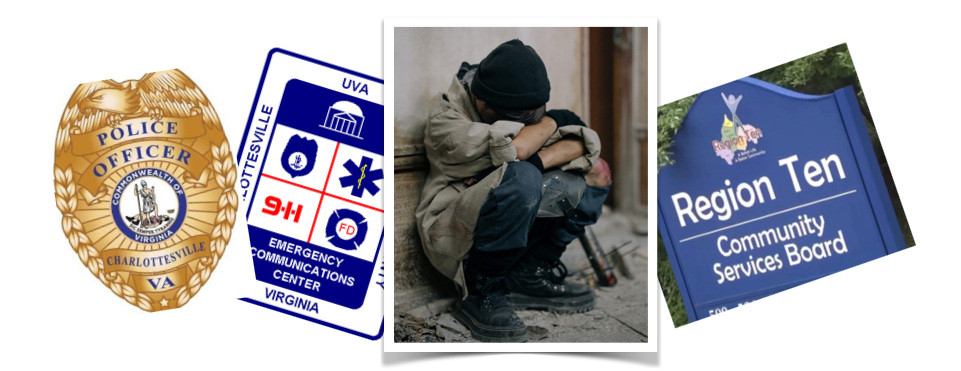Response Time: Whatever happened to that mental health crisis task force the City was going to form?
"There was no follow up from the City on the recommendation to form an official task force," Anderson told The DTM.
In a September 7, 2020 email to his fellow City Councilors, after a summer of protests following the murder of George Floyd, then Councilor Lloyd Snook took issue with the fact that the topic of handling mental health-related police calls differently was not on the Council's agenda.
"Myra Anderson has sent us another email on the topic," Snook wrote. "We have not made any response that I know of. If you look at issues that people nationwide have been talking and marching about, this is perhaps right at the top. Ms. Anderson's last email speaks of a specific proposal for a specific kind of group. I don't know exactly what she is proposing, and I am not endorsing it, but we need to do SOMETHING."
Later, during a September 21, 2020 City Council meeting, Snook announced that he and Councilor Sena Magill wanted to form a "mental health crisis response task force" with Anderson, a mental health care advocate, serving as a representative.
“We hope to have more details on that in a couple of w…



